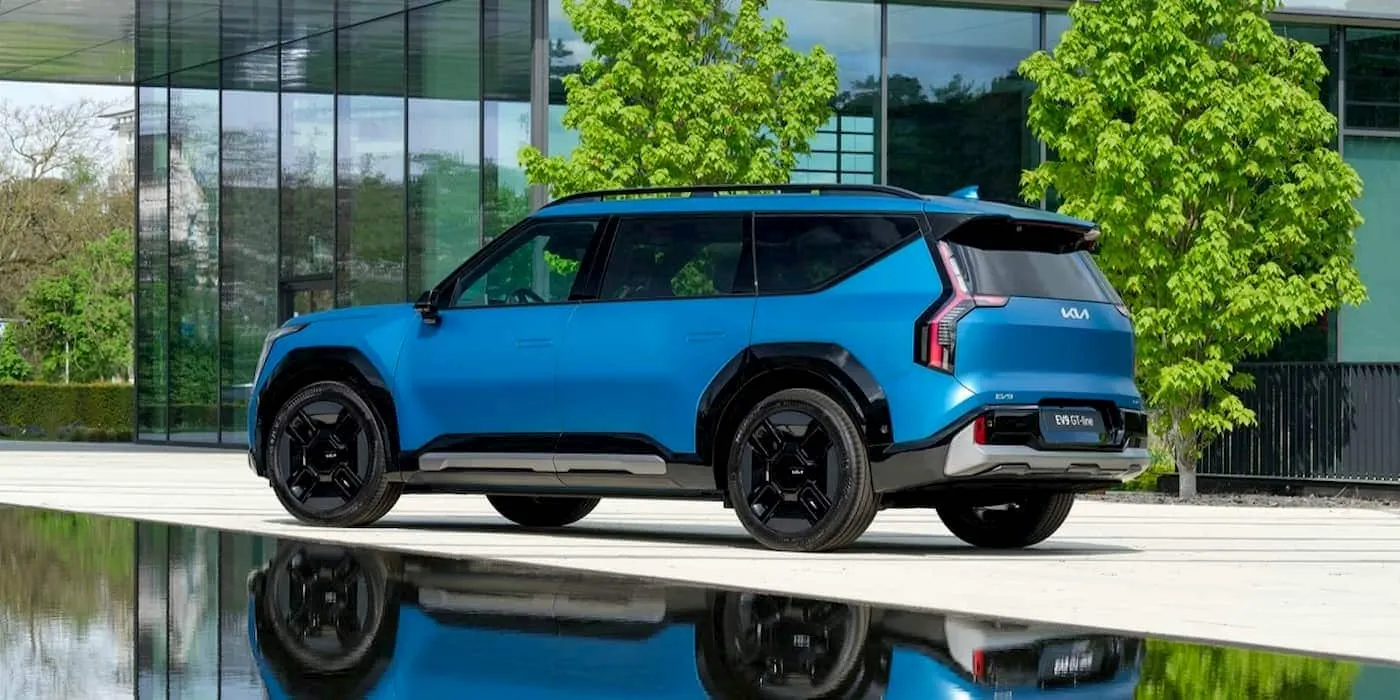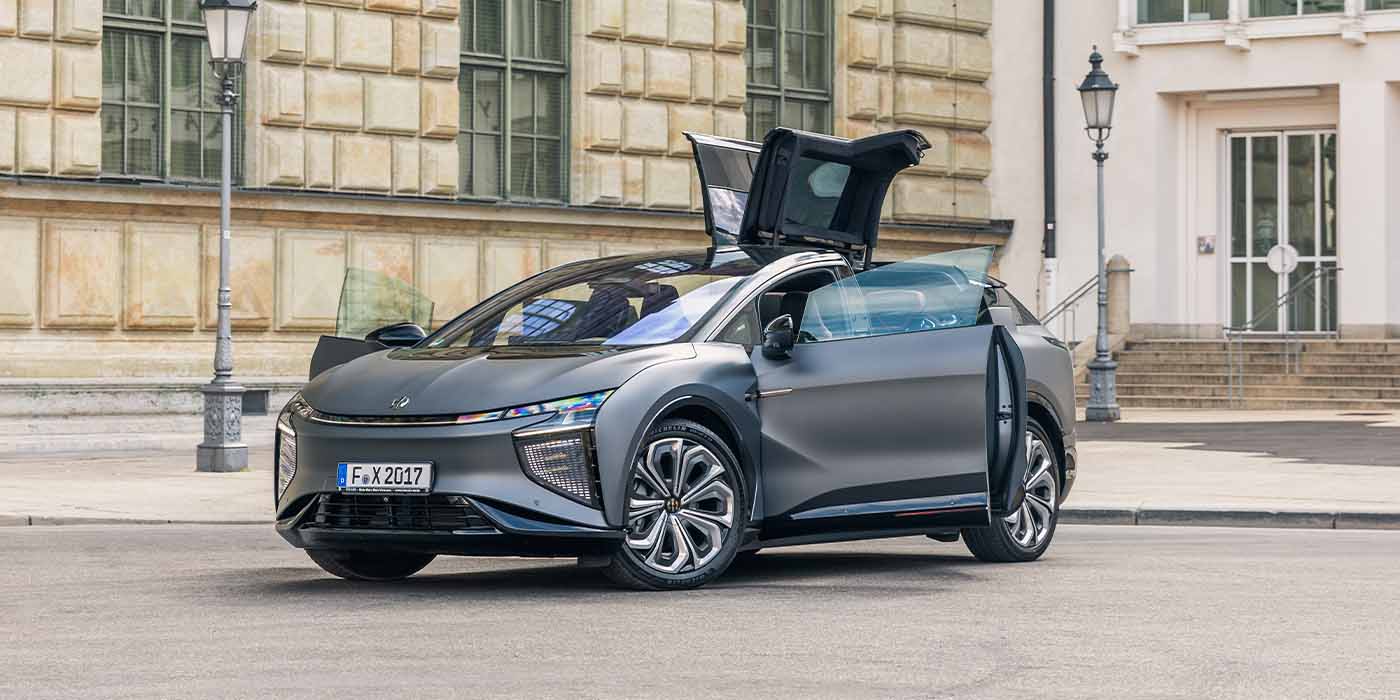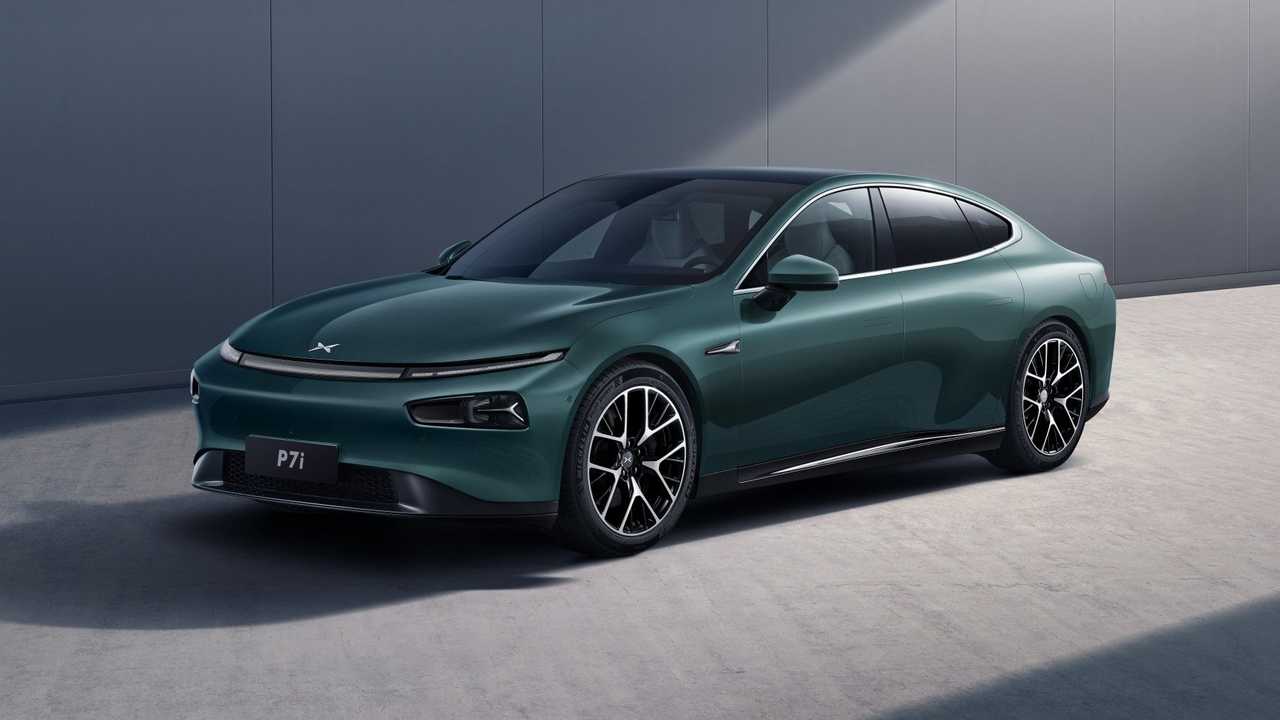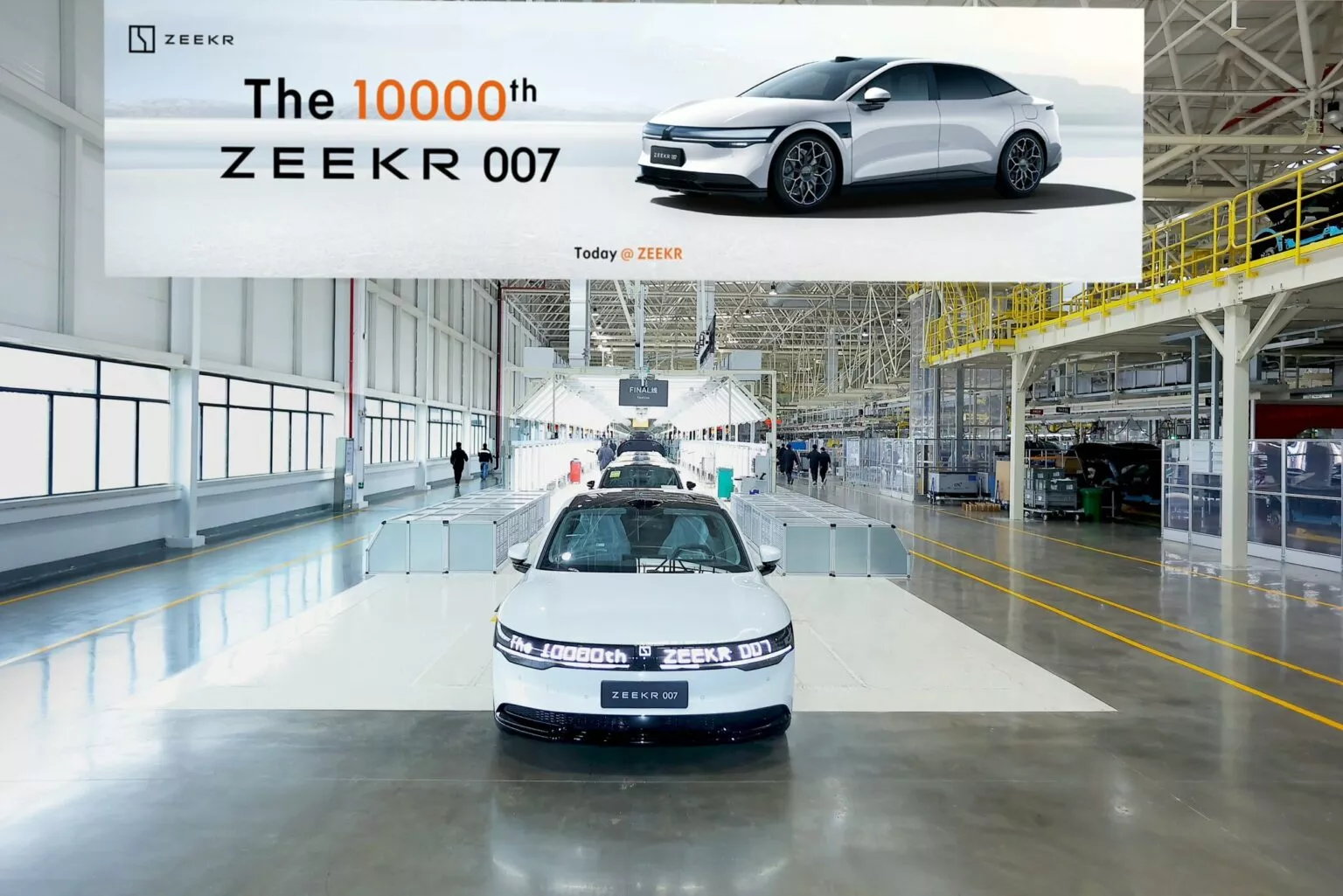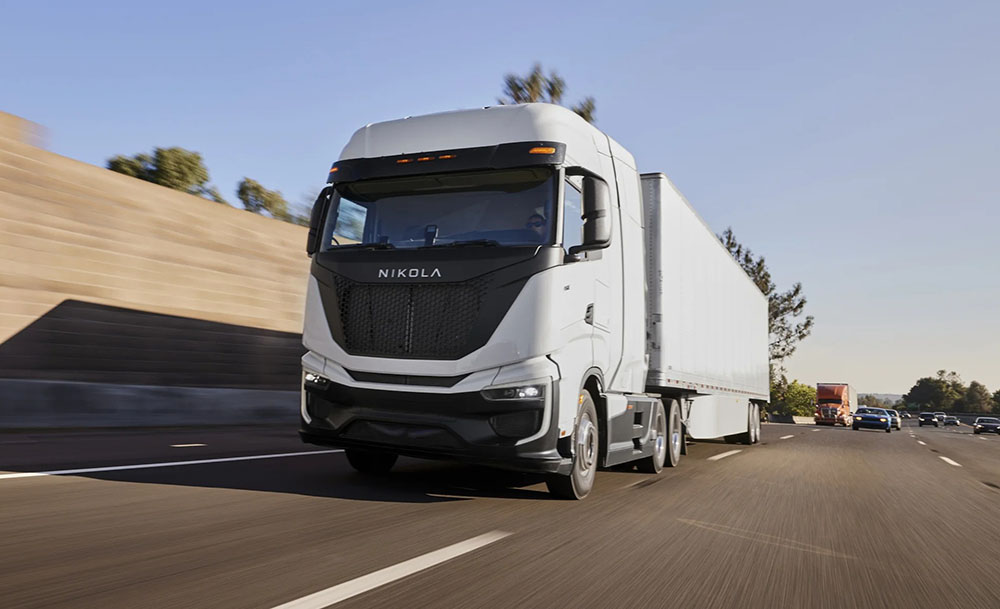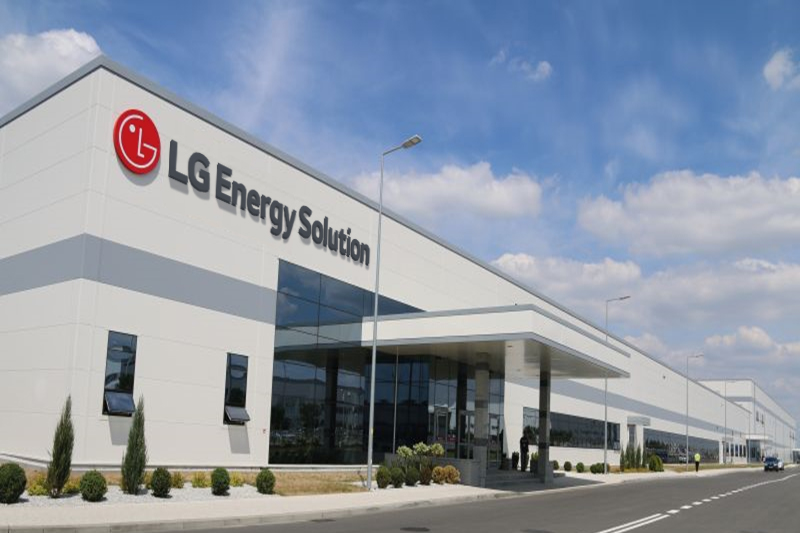Kia is forging ahead with plans to manufacture its first three-row electric SUV, the EV9, in the United States, with production scheduled to commence this spring. However, there are uncertainties regarding whether Kia’s new US-made EV9 will fully qualify for the $7,500 EV tax credit initially.
Since opening orders for the EV9 in October, Kia has seen significant interest in its first three-row electric SUV. With a starting price below $55,000, Kia has labeled the EV9’s affordability as a “wake-up call to the industry.” The automaker has already begun importing models to the US, with sales climbing from 1,118 in December to 1,408 last month. Kia aims to eventually sell around 2,000 EV9 models per month.
See also: Kia EV9 Dealers Ignoring Manufacturer’s Request, Marking Up Prices Despite Strong Demand
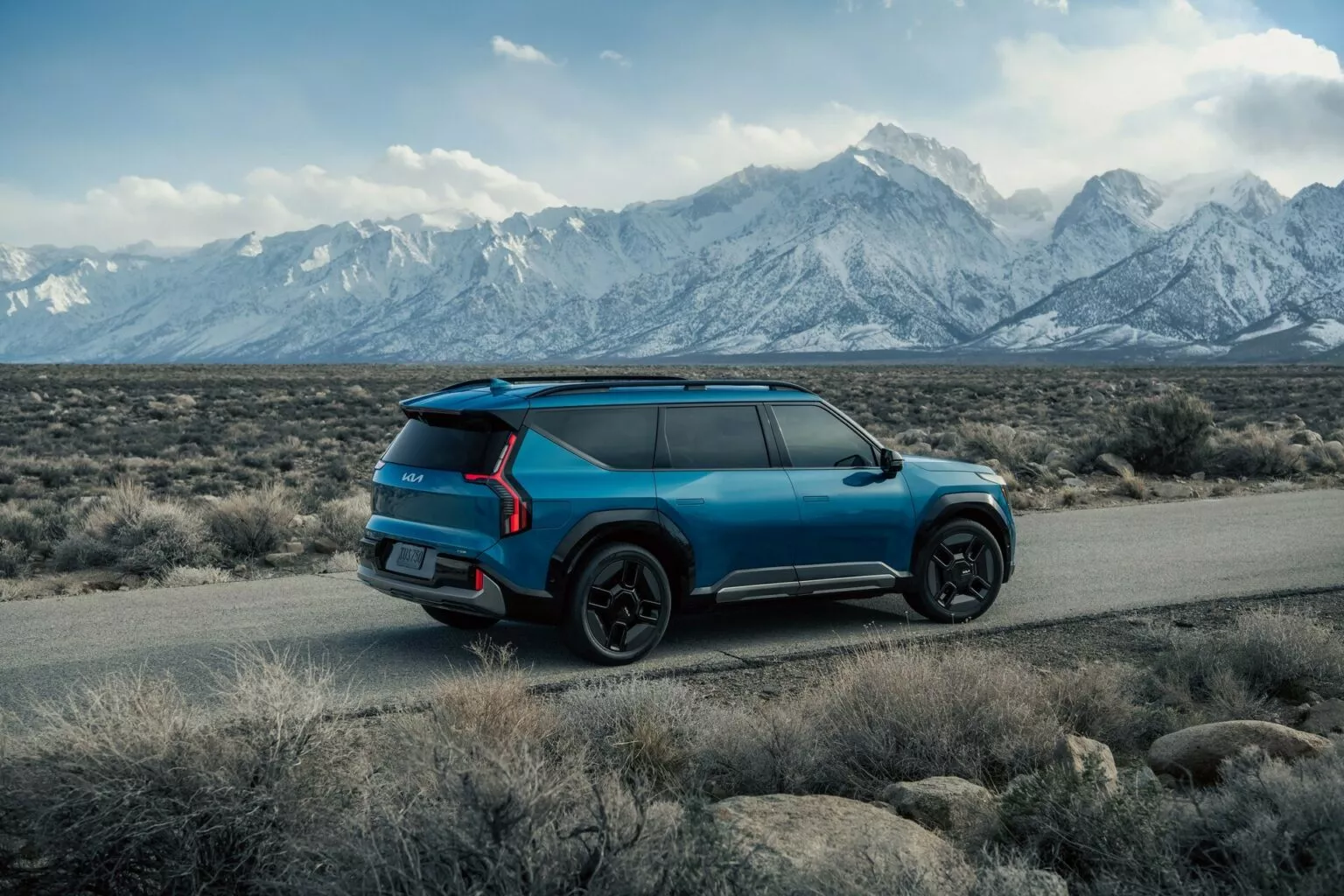
As Kia’s inaugural large electric SUV, the EV9 is expected to play a pivotal role in the brand’s electric vehicle strategy. The range-topping AWD GT-Line trim of the EV9 starts at $73,900.
Despite Kia’s efforts to keep prices low, online auto research firm CarsDirect reports that dealers are already marking up the EV9. The 2024 Kia EV9 GT-Line is reportedly being marked up by up to $7,000, with some dealers listing the top-tier model at $83,315 before taxes and fees.
Boasting 42.8 inches of rear legroom, the EV9 surpasses competitors such as the Cadillac Escalade, 3-row Range Rover P400, and Mercedes EQS in terms of space. It also offers more shoulder and legroom than Tesla’s Model X, making it a highly sought-after electric SUV.
See also: Kia Introduces Guaranteed Future Value Program for EV6 and Kia EV9 to Address Falling Resale Prices
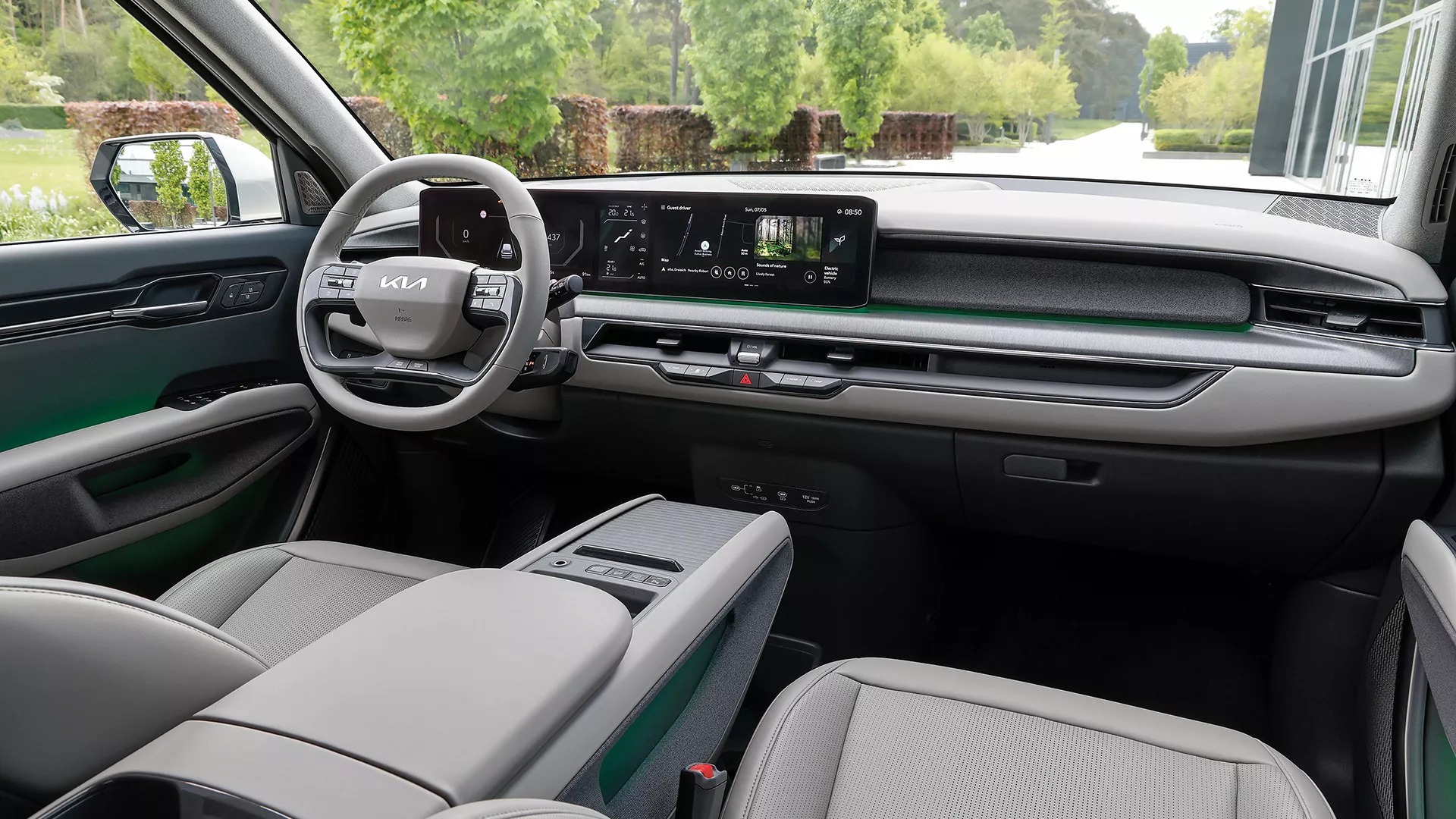
While the EV9 is currently available in the US, Kia is shifting production to the US to qualify for the federal tax credit. The Georgia facility is being prepared to start production of the electric SUV this spring, with the first US-made models expected to roll out this summer. However, it is uncertain whether the Kia EV9 will initially qualify for the full $7,500 tax credit.
Under new requirements implemented this year, only 13 all-electric cars qualify for the tax credit, down from 25 last year. The new rules stipulate that only 2% of the vehicle’s battery parts can originate from a “foreign entity of concern,” such as China.
Stuart Countess, CEO of Kia Georgia, stated, “We’re finishing some fine-tuning in the trial phase,” regarding the transition to using locally sourced batteries for the EV9. The battery packs will be sourced from Hyundai or another external supplier, with Hyundai also planning to build two battery factories in the US to support production of 300,000 Hyundai, Kia, and Genesis EVs.

